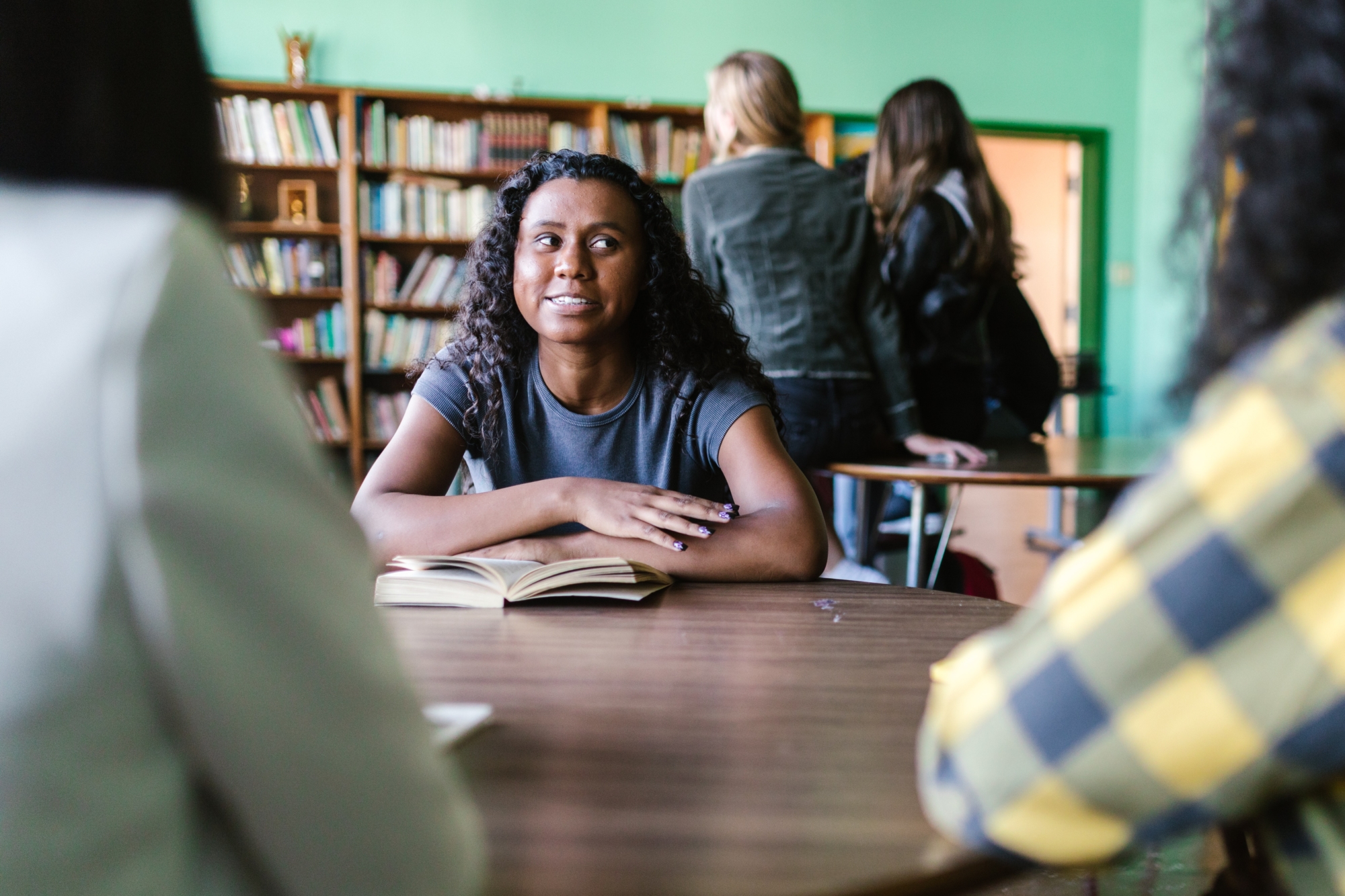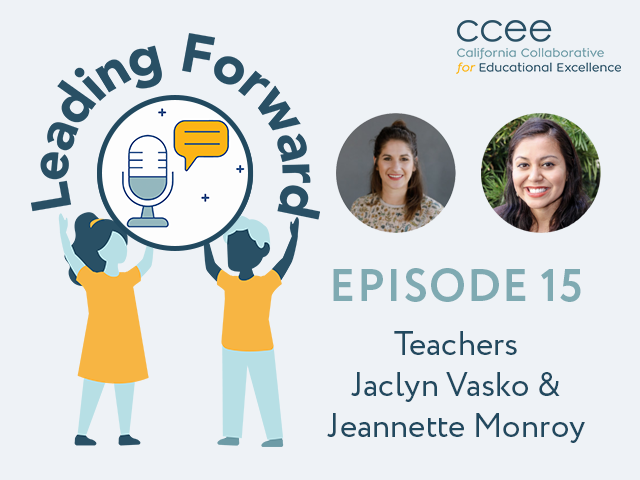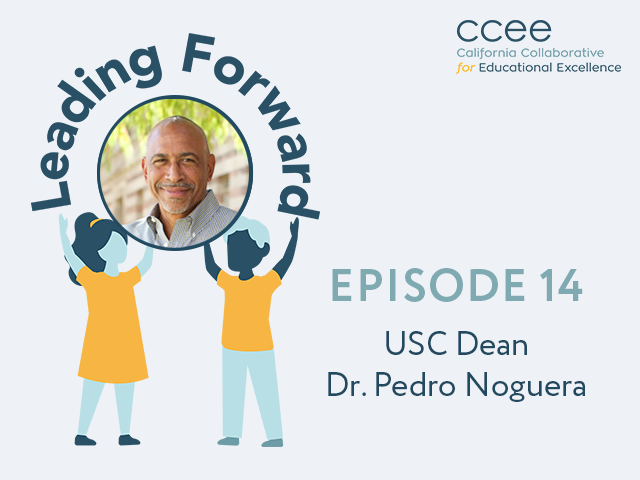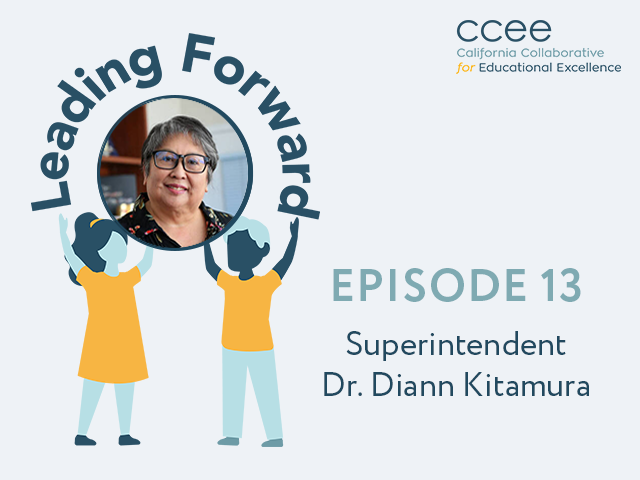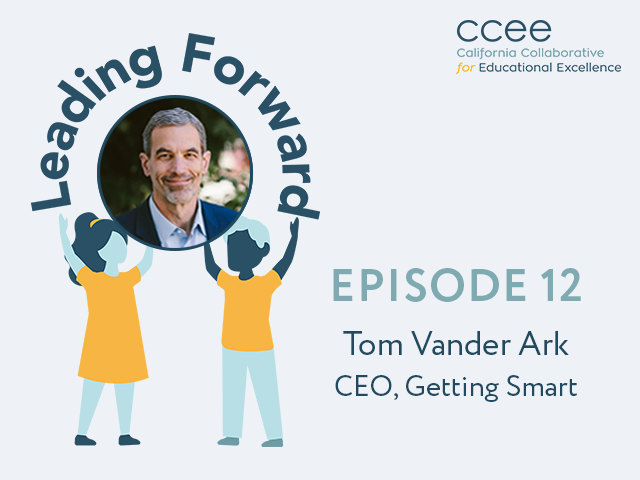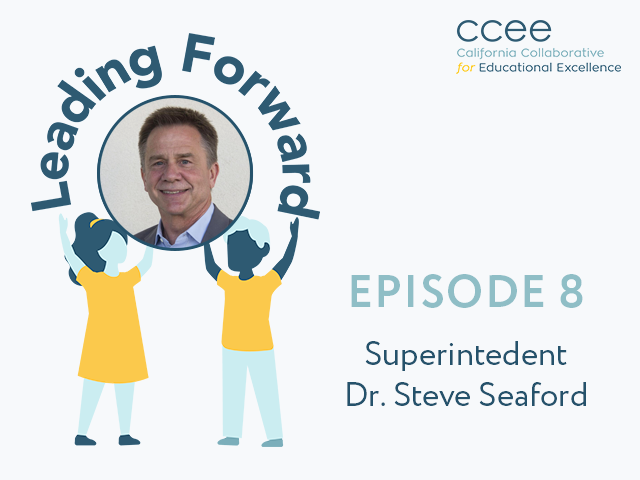Author
Tom Armelino, CCEE Executive Director
With the passage of Assembly Bill 86, school districts will once again feel the pressure to speedily match students’ needs with the appropriate level of intervention and learning supports to accelerate learning. Although the question of how schools will address the large-scale learning acceleration of students is complex, we know that students need to first feel safe and secure to learn. This will require an initial assessment—in an intentional and formative manner—of the personal well-being of not only the students, but also the adults. In this past year, students and adults alike have been “battered by difficult emotions stemming from not only the pandemic, but also the economic recession and ongoing civil rights protests” (Prothero, 2021). Data on student and adult experiences will serve as the ultimate truth teller to help understand where they are and how we can move forward in addressing the necessary protective factors to engage our students academically.
CCEE invited Dr. Peter Senge, co-founder of the Center for Systems Awareness and author of The Fifth Discipline, to be a part of the Leading Forward 2021 initiative. In his keynote session, Dr. Senge shared a conversation he had with a group of educators about the scar tissue left on our learners and adults after the pandemic.
“They talked about scar tissue. It’s one of the first images that was used. The damage has been done, and healing is actually more important in a way than learning in the traditional sense. Without healing, without recognizing and attending to the deep social, emotional traumas that students have gone through, we can think we’re focusing on learning and we can think we’re making up ground, but we won’t make much.”
As schools prepare to reopen, we must be prepared to address the reengagement of students and what that means in our current context. This begins with building or rebuilding staff-student, staff-staff, student-student, and staff-family relationships, which are fundamental in supporting the social, emotional, and academic needs of students. Consider the following strategies to strengthen these relationships:
Staff-student: Map out relationships so each student is assigned a staff member who develops and maintains a relationship with the student through regular scheduled check-ins. Greet students at the door, organize fishbowl discussions, and design activities for students to have fun and show school spirit, focusing on strategies that strengthen relationships and build trust.
Staff-staff: While resources and attention, appropriately, are front and center in supporting students, less focus is paid to assessing and addressing the mental health of educators who have also struggled to find balance and safety during the pandemic. Conscious efforts should be made to leverage staff-staff relationships by promoting relationship-building and peer-to-peer support through “wellness committees,” mentors, professional counselors, social workers, school psychologists, or other trained professionals.
Student-student: Facilitate the process of creating a shared agreement for classroom norms, set the expectation that every voice matters, and provide opportunities for students to develop individual relationships and build a class community (e.g., “mix and mingle” activities, “glows and grows,” team projects) – virtually and face-to-face (as deemed safe).
Staff-family: Staff-family relationships have probably never been more important. Using culturally and linguistically responsive approaches, regularly communicate with families to schedule individual check-ins and distribute climate and culture surveys. Listen to what worked and didn’t work for them during the pandemic and use these opportunities to understand the needs of their children. Additional trauma-informed trainings or resources can support families in approaching difficult conversations with their children to help them cope with changes and prepare for the transition back to school.
As schools bring more students back for in-person instruction, we must create psychologically safe learning environments to accelerate learning, while advancing equity for our vulnerable student groups. The March edition of the CCEE newsletter will feature tools, strategies, and resources focused on reengaging students and building relationships, to ensure we are addressing the whole child.
